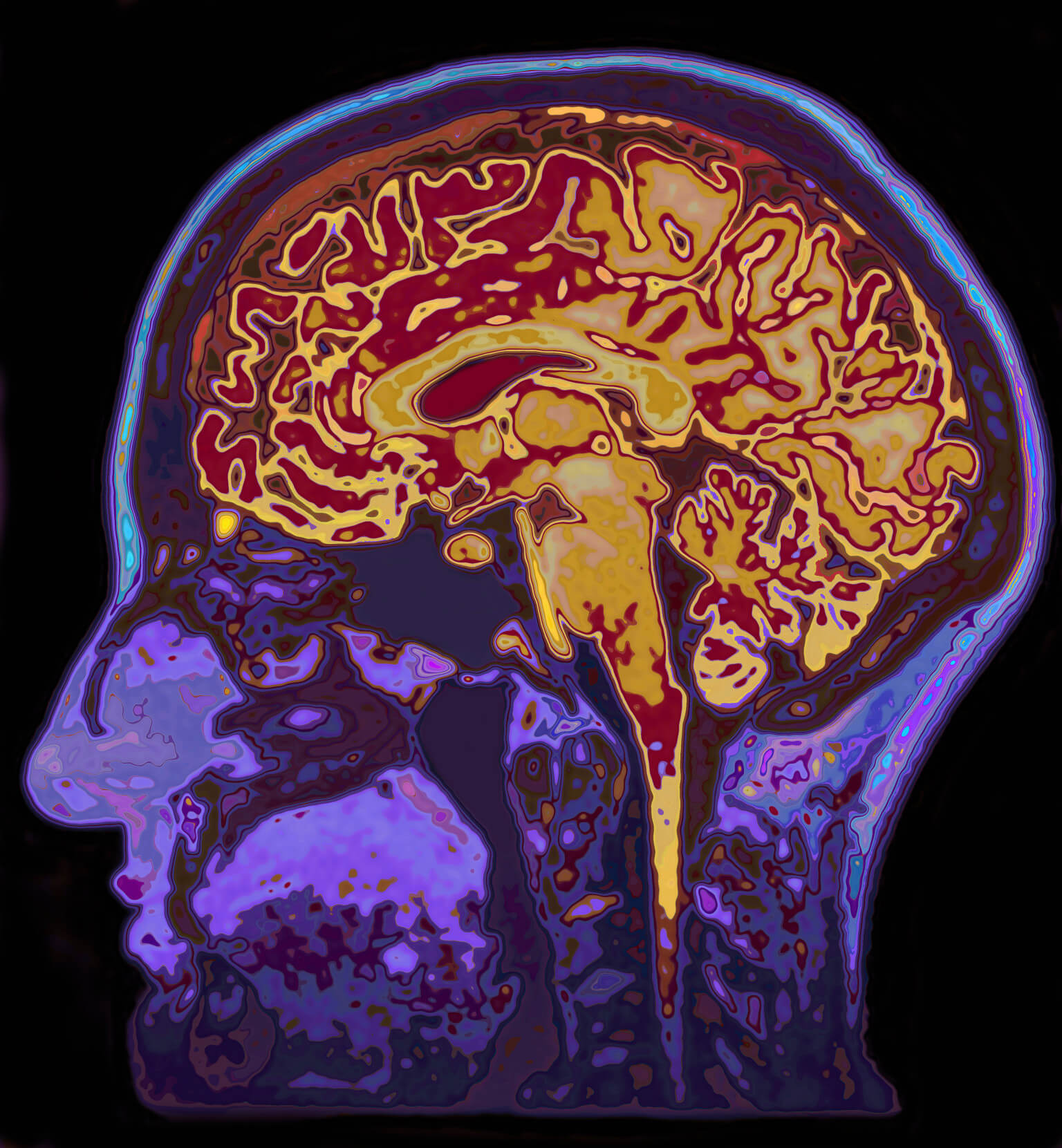Scientists at the Institute of Psychiatry, Psychology & Neuroscience (IoPPN) at King's College London and the University of Roehampton have just completed a "pilot" study that may lead to teaching schizophrenic patients how to control their verbal hallucinations.
The study, published in Translational Psychiatry and titled "Real-time fMRI neurofeedback to down-regulate superior temporal gyrus activity in patients with schizophrenia and auditory hallucinations: a proof-of-concept study," involved 12 patients being placed in a magnetic resonance imaging (MRI) machine and shown a computerized rocket ship that reacted to the part of the brain that registers speech. They were instructed to land the in-game rocket ship safely but were not told how. They were only advised to "develop their own mental strategies to move it."
The rocket ship provided visual feedback to the subjects that led them to slow the activity in the portion of the brain that verbal hallucinations originate. It worked as a form of neurofeedback so as they quieted their voices, they were able to land the ship.
The study not only provided insight for the researchers but also gave the subjects a tool they could use outside of the clinical environment.
"We encouraged our patients to use the same control strategies that they learnt in the MRI scanner at home," said Dr. Natasza Orlov from King's IoPPN. "The patients know when the voices are about to start - they can feel it, so we want them to immediately put this aid into effect to lessen them, or stop the voices completely."
"Unfortunately, we don't have effective treatments for all of the people with schizophrenia who hear voices and it's great that this innovative research offers a novel approach to help patients with continued symptoms."
What the researchers found during the study was more than they had expected. After only four visits to the MRI, the patients were able to control that area of the brain without having the video game as feedback.
"The results of this pilot are astonishing," Professor Paul Allen from the University of Roehampton noted. "These are still early days in our research, however, patients who took part in the pilot study have told us that the training has helped them to calm their external voices down, so that they were able to internalise them more."
The researchers admit the study was small and somewhat informal since it did not have a control group. However, the results proved encouraging enough that they plan to expand the research soon.
"We are now planning to conduct a randomised controlled study to test this technique in a larger sample," said Orlov.
Having had a family member diagnosed with schizophrenia, I know firsthand how debilitating and destructive auditory hallucinations can be. Most contemporary treatments involve antipsychotic medications which are not always effective. Being able to teach patients to control the part of the brain that causes hallucinations will be a tremendous benefit to individuals and their families.
